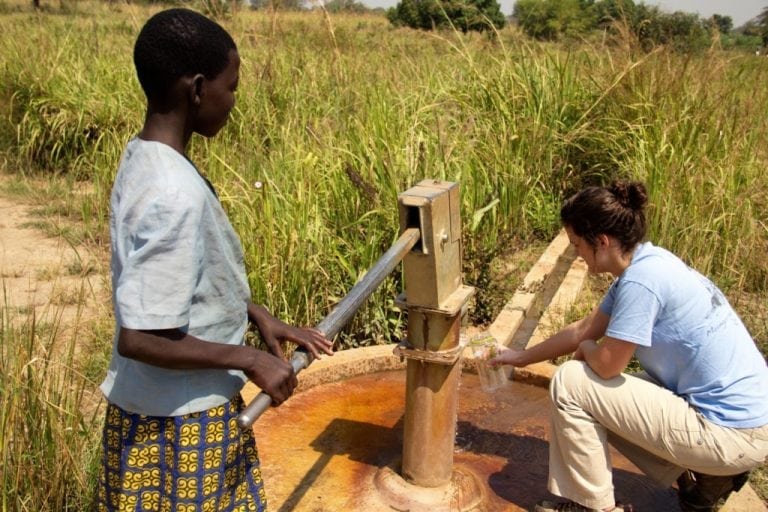This week’s Big Design Question takes on the issue of cost versus environmental friendliness. The question is part of our weekly series that tests the design principles for creating appropriate technology outlined in our Introduction to Engineering for Global Development. Khanjan Mehta, a contributing editor at E4C and head of the Humanitarian Engineering and Social Entrepreneurship (HESE) program at Penn State, and his students first posed this week’s question in a paper published in the IEEE Technology and Society Magazine. Khanjan offers his thoughts below and we’d like to put the question to the entire community if you would please share your comments at the end. Technologies mentioned here and many more besides are available for review and comparison in our Solutions Library.
Should we promote technologies even if they hurt the environment?
Ecologically friendly technologies and manufacturing processes are preferred, but they are sometimes unaffordable to people in developing countries. For example, in Kenya, entrepreneurs use car batteries to operate small businesses that recharge cell phones, power street telephone businesses, or entertainment centers offering TV viewing services. Car batteries are environmentally toxic but are essential for these small businesses to survive. Without the batteries, these individuals would likely be relegated to subsistence farming or the unreliable ad hoc labor market. Instead, they are using environmentally toxic technology to improve their livelihoods. Ideally, car batteries could be replaced by solar or other renewable energy sources, but these technologies are sometimes too expensive.
[Fenix Intl targets the car battery market with its ReadySet safer batteries, but of course part of its challenge is to convince consumers that paying more for a better battery will save money in the long run.]

Discarded plastic bottles can be repurposed as the walls of a greenhouse. Photo by Scrappy Annie / Flickr (Creative Commons license)
Also, improved livelihoods engender a respect for the natural world and thoughtful use of resources. Another option for environmentally conscious ventures is to reuse harmful materials in benign ways. For instance, plastics are infamous for sticking around for a long time in the environment. They don’t biodegrade easily. Some entrepreneurs have embraced that “downside” to plastics by incorporating them into longer-lasting structures. Entrepreneurs in Lesotho are using plastic bottles to make low-cost mini-greenhouses. The bottles have already been used and discarded, so reusing them in the greenhouses creates eco-friendly social good.
The key point in these situations is that products may benefit from resources that are not environmentally benign. While it is best if the toxic materials are recycled for these applications, ventures must decide for themselves if they can accept environmentally toxic resources as unfortunate by-products to the social value created. In any instance, developers should comply with local policies and endeavor to find cradle-to-cradle solutions for their products.

